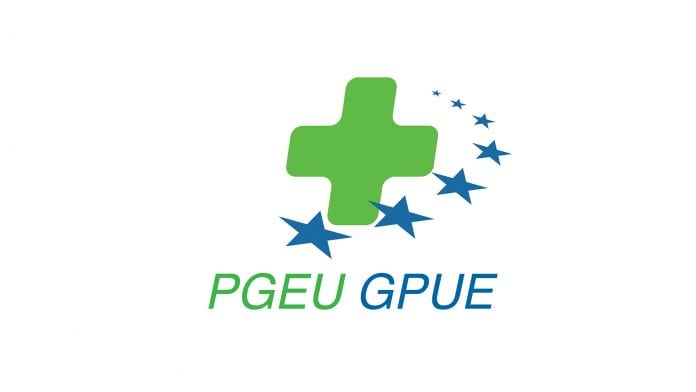
Ilaria Passarani, secretary general of PGEU, reflects on the invaluable role of the community pharmacist in improving patient health outcomes in Europe.
Every day, some 46 million people visit a community pharmacy in Europe, making the community pharmacist an instrumental figure in not only the health of the continent but also the sustainability of its healthcare systems.
Supporting them in this role is the Pharmaceutical Group of the European Union or PGEU, a membership-based international non-profit association working to advance the contribution of community pharmacists for the benefit of both society and individual patients.
Here, PGEU’s secretary general, Ilaria Passarani, tells Health Europa more about efforts within the community pharmacy to strengthen medication adherence and facilitate better patient health outcomes.
What role does the community pharmacist play in improving medication adherence and patient health outcomes?
In Europe, pharmacists must complete a minimum of five years of education and training to become a pharmacist. Throughout this period of training and education, pharmacy students cover all stages of a medicine’s lifecycle from initial discovery and development to post-marketing surveillance and pharmacovigilance. Pharmacists are exposed to a unique mix of disciplines during their education and training including scientific, regulatory and clinical elements. As a result, pharmacists have an excellent understanding of how best to take a medicine, and this knowledge is increasingly utilised in dedicated medication adherence reviews currently performed by pharmacists in 16 European countries.
What kind of interventions have already been put in place at the community pharmacist level to improve medication adherence?
Many elderly people are also poly-medicated and may be taking medications which are considered to be ‘high risk’, such as those for blood pressure, diabetes, respiratory conditions and cardiovascular conditions. We also know from the literature that when starting a new medication, a patient is most likely to discontinue or experience an issue with a new medication in the first few weeks of treatment. As such, pharmacists in eight European countries now provide a dedicated service to support patients starting a new medication (a new medication service), which has been proven to increase adherence on average by 10% whilst also remaining cost-effective.1-3
In what ways could community pharmacists be better supported in their roles to facilitate better patient health outcomes, and how does the PGEU work to achieve this?
In some countries, (such as Belgium and France), pharmacies hold a shared medication record (aka a ‘Dossier Pharmaceutique’). This service displays all treatments (prescribed or over-the-counter) dispensed to a patient during the previous four months, regardless of the pharmacy in which they were delivered. In France alone there has been more than 330 million instances of sharing patient data, including over 100 ‘alarm bells’ and medication recalls. Two studies found that the Dossier Pharmaceutique helped pharmacists detect medication interactions and contraindications, often in cases of commonly-used, non-prescription medicines. As such, in our 2016 Statement on eHealth we called for integration of e-health services with e-prescribing in order that pharmacists can access necessary patient information from the electronic health record and for a facility to update the electronic health record with relevant information when necessary, in order to increase the capacity to identify and address potential medication and patient safety-related issues.
PGEU engages in numerous European projects, working groups, expert panels, policy roundtable discussions and meetings with relevant stakeholders, policymakers, institutional officials and executive agencies in order to provide a voice for community pharmacists and to advocate for their integration into European health systems on topics such as the regulation of pharmacists and pharmacies, e-health and digital health, health technology assessment, pharmacovigilance and risk minimisation, antimicrobial resistance, patient safety, health workforce, self-care, medication shortages and many others. PGEU is also a regular contributor to European Commission consultations, a member of the European Medicines Agency’s Healthcare Professionals’ Working Party and sits on the Advisory Board of the European Forum for Primary Care.
References
- https://link.springer.com/article/10.1007/s40273-017-0554-9
- https://www.ncbi.nlm.nih.gov/pubmed/28438152
- https://ipu.ie/wp-content/uploads/2017/12/IPU-NMS-Pilot-2017-Report-Copy.pdf
Ilaria Passarani
Secretary General
Pharmaceutical Group of the European Union
www.pgeu.eu/en
This article will appear in issue 6 of Health Europa Quarterly, which will be published in August.










